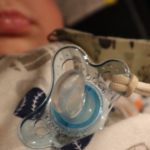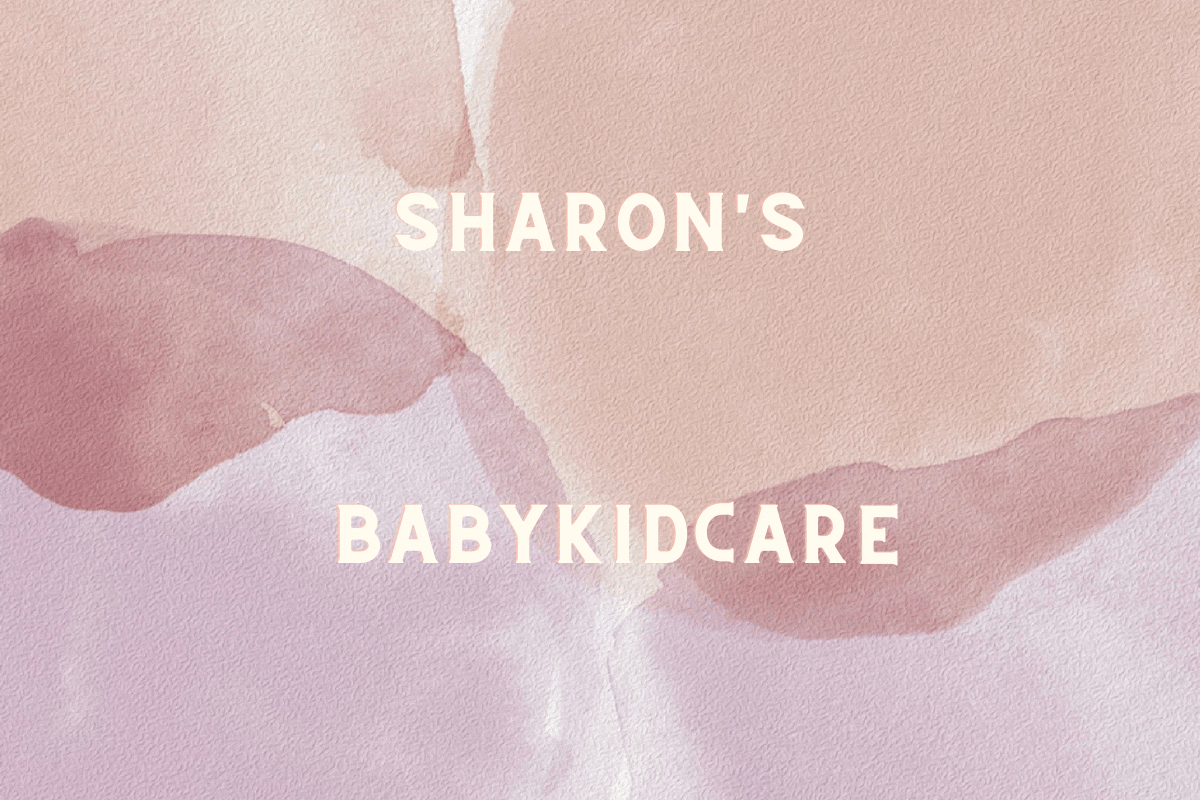A child diagnosed with autism has to come across several impediments every day. One of those extraordinary struggles is auditory sensitivity. It’s a condition where typically, an autistic child has to avoid or fear excessive noise, shouts, yelling, etc.
While my children did not have autism, my friend’s did, so hopefully them passing this information along to you will help.
Many experts agree on the use of noise reducing tools to help kids with autism.
And to make their life easier, a pair of autism earplugs will prove effective. The reasons behind using autism earplugs are many. No matter how much an autistic child tries to stay aloof, they’ll always end up in family gatherings, school ceremonies, and other bustling places.
Here, autism earplugs help those kids defuse external noise (sound frequencies) to an extent, enabling them to get along with life in a more comfortable manner.
Table of Contents
- What Are Autism Ear Plugs?
- Why Autistic Kids Require Ear Plugs?
- 5 Types of Auditory Sensitivity an Autistic Kid May Have
- How to Help Children with Auditory Sensitivity?
- How Do Ear Plugs Benefit Autistic Kids?
- What Are the Features of Ideal Autism Ear Plugs?
- Bottom Line
What Are Autism Ear Plugs?
Autism earplugs are foam or padded earplugs that reduce the external noise when someone wears them. These earplugs can soften the volume of whatever someone hears, lessening their auditory sensitivity significantly.
While regular earplugs may make the external sound distorted and unpleasant to the ears sometimes, autism earplugs reduce the volume from bass to treble; making the sound audible on a quieter note.
The function of the autism earplugs is to filter sound rather than muffle it. In doing so, their filter system enhances the sound quality while reducing the decibel levels. For example, some earplugs enhance the sound quality by up to 27dB (decibels).
Some autism earplugs or headphones function as passive noise cancellation instead of active noise cancellation. This helps the autistic kids listen to the necessary external sounds like calling, a loud bang, any emergency bell, etc. while reducing the intensity of the sound itself.
In short, autism earplugs are daylong companions of autistic kids, enabling them to adjust to the surrounding noisy world while controlling their audio hypersensitivity.
Why Autistic Kids Require Ear Plugs?
In a world full of loudness and random noises all around you, you must require some silence. At least, there must be an arrangement that can cut the volume of the external noises, making it easier for you to receive and convey essential audible notes.
The same concern goes for children with autism. In their cases, the sound-reducing arrangement mustn’t be any less than what’s required.
Since autistic children are hypersensitive to sound, it’s the responsibility of every parent to avail a pair of earplugs that suit their needs. Proper earplugs can make life much more bearable for autistic kids.
Let’s try to understand some of the reasons why autistic kids require earplugs:
- Auditory sensitivity in autistic kids may lead to anxiety and depression if not regulated with appropriate tools and treatment. Autism plugging could be a major solution to reduce the intensity of that prospect.
- Random loud noises can startle a kid with autism, making him fidget or have a nervous breakdown. Putting on autism earplugs can save an autistic kid from such perils.
- Many autistic kids are afraid of people’s loud or deep voices. It holds them back from verbally answering or communicating with people. But by wearing a proper pair of earplugs, an autistic kid can listen to what others are saying to him or her pleasantly and reply to them to their best capacities.
- External noises like chewing, breathing, coughing, etc., can make an autistic kid nervous. Such noises may trigger anger or tantrums in them. This condition is often termed misophonia. However, with the help of autism earplugs, he or she can be at ease about listening to external voices and sounds while sitting and observing peacefully.
Concerning these reasons will help you understand what your autistic child is going through and how to be a supportive parent in this case.
5 Types of Auditory Sensitivity an Autistic Kid May Have
To understand what and how external sound causes your autistic child endless trouble, you must learn about the types of auditory sensitivity an autistic child experiences in its day-to-day life.
Below we’re going to share five auditory sensitivity types; children with special needs experience these hypersensitivities to sound differently.
You can’t impose each and every audio hypersensitivity problem onto one autistic person. For a specific diagnosis, you must take your kid to the doctor and take measures as prescribed.
- Hypersensitive Hearing Frequency
Children with autism may not tolerate any sound that exceeds 70dB. They may interact comparatively normally with sounds below that decibel level.
- Hyperacusis
This is something an autistic child has to struggle with in his or her everyday life. What happens here is that the noise from the surroundings translates as ringing in the ears of the person with this problem.
- Phonophobia
A child with special needs may suffer from this condition where he or she’s afraid of any particular sound like a bell, an alarm, or thunder.
- Misophonia
This is a condition where the victim is triggered by various normal sounds like breathing, chomping, scratching, etc.
- Recruitment
This is a condition where the affected person needs the speaker to talk louder; however, the very next moment, the louder voice may become irritable to the person.
How to Help Children with Auditory Sensitivity?
Frankly, there’s no permanent treatment to recover from the audio sensitivity problems as of now. So, if you care for your kid’s daily struggles, there are a few must-do’s you should consider.
Below are a few ways to help your kid with special needs in his or her day-to-day activities:
- Understanding the Kid’s Response
Don’t develop this idea in your mind that the kid with autism is flouting you by not responding to your instructions properly. You have to understand that the response is directly coming from its neurosensory section. This is what auditory sensitivity actually looks like.
If you’re the mother or merely a caregiver, learn to bear with the affected child’s responses to understand the symptoms of its audio sensitivity condition.
- Finishing Heavy Work
Make a habit of doing some ‘heavy work’ activities before taking your kid to an environment full of noise that may interfere with his peace of mind. Medically, heavy work refers to any task that involves proprioception.
Proprioception indicates the sense of your muscle and bone position while doing a particular task or movement. It’s anything that includes increased resistance both ways. A few examples of ‘heavy work’ may include pushing a trolley, rock climbing, cycling, gardening, rolling and cutting clay dough, etc.
- Using Ear Defenders
Don’t overlook the importance of earplugs or ear defenders. Keep a pair with you or in your child’s backpack when going to places like the cafeteria, shopping complex, amusement parks, etc. This can spare your kid the suffering inflicted by regular loud noises.
- Limiting Auditory Distractions
This might be very difficult when you’re with your child in a crowded place with lots of low to high sound sources. What you can do to help your kid is to put a pair of headphones on his or her ears to limit the noise. Or else, you may request to turn the volume down if that’s possible.
- Following Sensory Regulation
Teach your kid sensory regulation strategies to help him or her deal with auditory sensitivity. Sensory regulation is basically the adaptability to the surroundings. It may also include the necessity of emotional regulation as well.
If your kid is having trouble regulating his or her senses to adjust to the environment, you should help them cope with it. By doing this, you’ll be playing the role of co-regulation, such as hugging, counseling, or instructing your child.
How Do Ear Plugs Benefit Autistic Kids?
Autism earplugs can benefit your kid by helping him or her fight the chaotic world on a daily basis. Let’s find out what specific benefits your kid can achieve by wearing earplugs:
- Special autism earplugs can serve your kid for a long-term period.
- They help your kid in receiving the external sound in a controlled manner since some of them can reduce volume by up to 27dB.
- Autism earplugs allow a kid to listen to necessary sounds minus the increasing surrounding noise.
- These earplugs make the conversations smooth with people around your child.
- Autism earplugs come in various sizes and designs. You can even order a pair for your kid as per its ear size and structure.
- Ear plugs can aid your child in focusing on studying, thinking, or playing peacefully while paying less heed to the surroundings. Some foamed earplugs can also help your child have a sound sleep.
- Earplugs can prove to be an additional tool to a playtime scheduler for your kid’s recreational and structured learning purposes.
What Are the Features of Ideal Autism Ear Plugs?
If you’re trying to get a pair of earplugs to help your kid in handling the noise sensitivity, do so by considering some unmistakable features.
Below, we’ve shared a few features to choose from and buy the earplugs to suit your kid’s needs:
- Look for earplugs that filter out most of the loud noise while letting the necessary audible message in. Go for the plugging that can reduce sound by at least 27dB to 30dB.
- Test the earplugs on your kid’s ears if they fit nicely. Loose earplugs will often fall off the ears now and then, irritating your child even more.
- Go for durable and budget-friendly earplugs. Cheap ones might lose their utility without notice, and the expensive ones may not be affordable for you every time you need them to support your kid’s auditory sensitivity.
- Don’t go for the heavy-duty earplugs as they block most of the sounds of the surroundings. Such ear defenders may put your kid in danger if he or she misses out on hearing any emergency alarm or shout-out.
- Buy those earplugs that soften the incoming sound while defusing the sensitivity-triggering noise.
- Don’t buy earplugs for a kid if he or she’s still a baby or under twelve. For them, soft earmuffs will be enough to keep them free from any noise-related stress.
Apart from the above considerable facts, consult a doctor about whether you should opt for a pair of earplugs for your kid or not.
Since auditory sensitivity varies in different children, going with professional advice should be the best measure in this regard.
Bottom Line
So, this is what earplugs can do to support your child if he or she’s struggling to deal with auditory sensitivity. Still, many parents, unfortunately, neglect the audio hypersensitivity in children who are diagnosed with autism.
But the point is, it’s not going to solve the problem automatically. For my friend’s kid though, it certainly did help.
Since the treatment for auditory sensitivity is not permanent, you need to care for your kid so that they can cope with the condition with the necessary tools and measures. And earplugs or ear defenders are something that can significantly up the game for them.
Sharon Dunn










